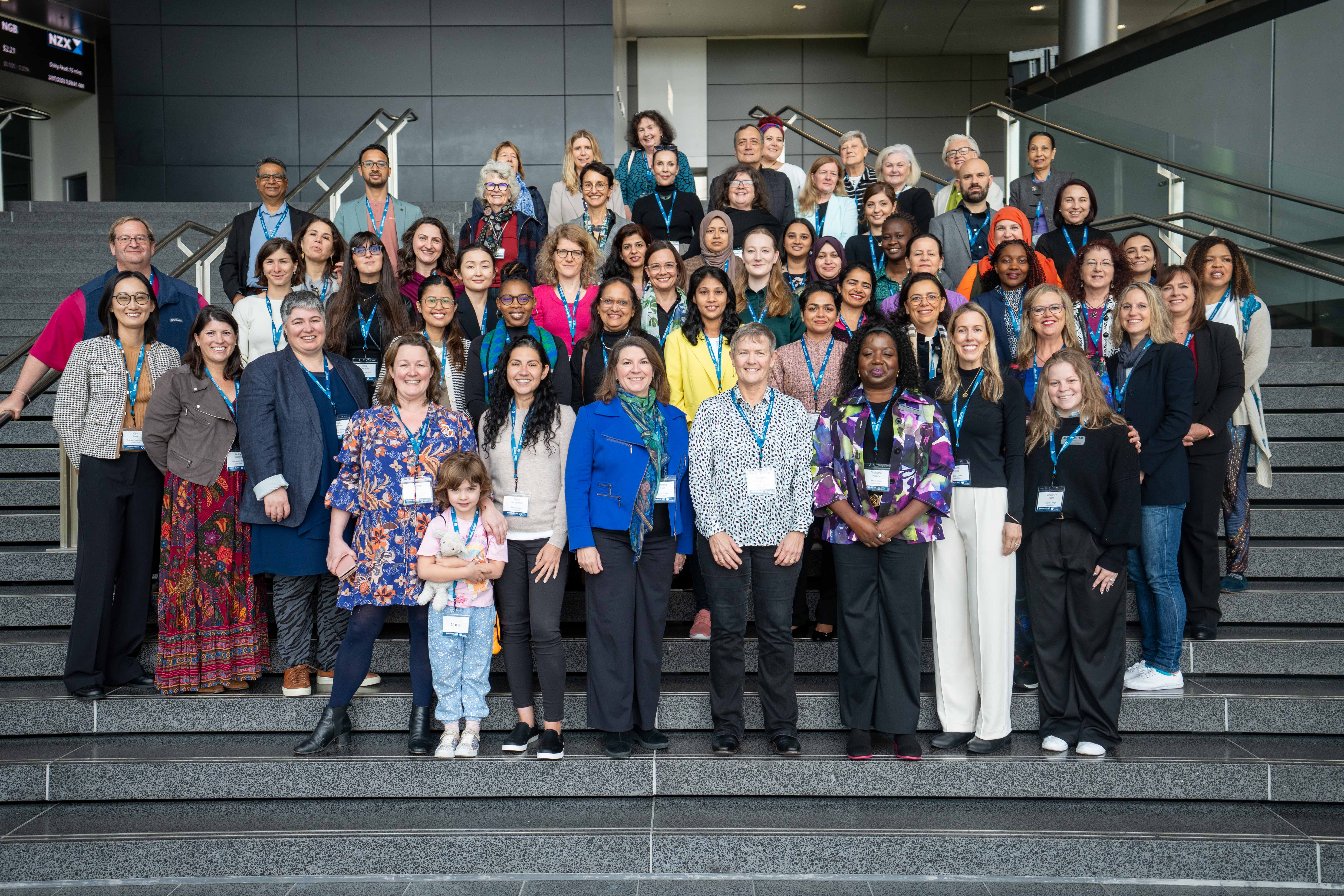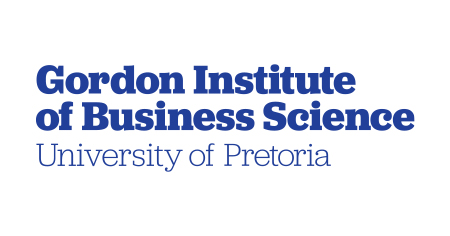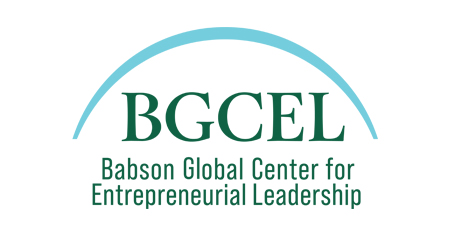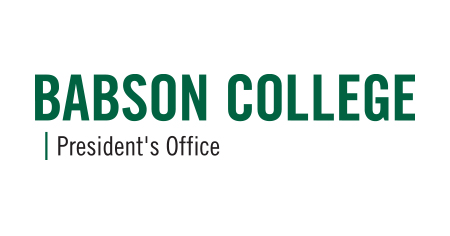
2025 Diana International Research Conference
Auckland, New Zealand at the Aotearoa Centre for Enterprising Women, Auckland University from July 1-4, 2025Entrepreneurship at the Edge: Extending the Boundaries of Gender and Entrepreneurship
In July 2025 the Aotearoa Centre for Enterprising Women hosted the Diana International Research Conference at the University of Auckland Business School. The conference ran from 1-4 July, commencing with a Doctoral Colloquium Day (1st), followed by academic research conference (2nd and 3rd) and concluding with an Impact Day (4th), bringing together international academics and entrepreneurial ecosystem builders from New Zealand.
Accepted papers focused on women’s entrepreneurship at the edge—pushing beyond traditional, Western-centric perspectives to foreground the lived realities, innovations, and institutional challenges of entrepreneurs. By centering diverse geographies, cultures, and social positions, scholars shared research that uncovered how gendered entrepreneurial processes unfold in environments marked by different values, infrastructures, and development paths.
By amplifying underrepresented voices and contexts, questioning universal assumptions about entrepreneurship and success, and encouraging methodological and theoretical approaches that reflect global diversity, the conference featured research that will broaden the empirical and conceptual boundaries of women’s entrepreneurship research, advancing a more inclusive and contextually grounded understanding of how women create, sustain, and transform ventures worldwide.





